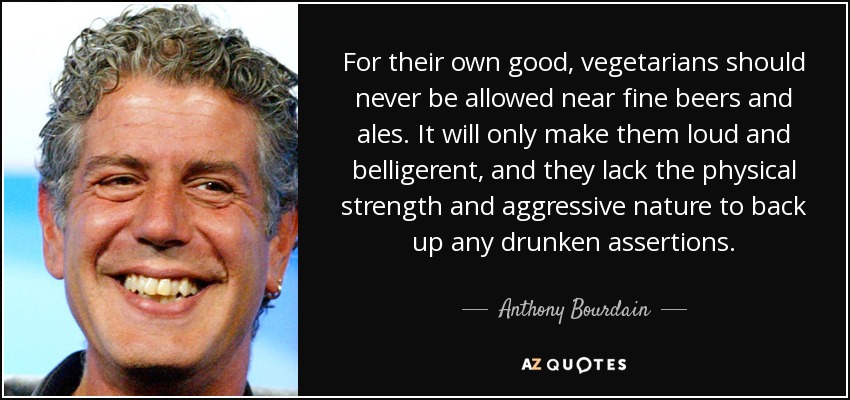
Introduction
Anthony Bourdain, the celebrated chef, author, and television personality, remains a significant figure in the culinary world even years after his passing in 2018. His unique approach to food, travel, and culture has inspired countless individuals and left a lasting legacy that continues to resonate today. With shows like ‘Parts Unknown’ and bestselling books like ‘Kitchen Confidential,’ Bourdain brought the global food experience to the mainstream, encouraging viewers to embrace diversity in cuisine and culture.
His Impact on Food Culture
Bourdain was not just a chef; he was a storyteller who could delve into the heart and soul of cultures through their food. By documenting his travels and culinary experiences, he fostered an appreciation for traditional and street foods around the world. His ability to connect food with personal stories and broader social contexts allowed him to transcend the role of a typical food critic, engaging audiences with raw insights and authentic experiences.
His book ‘Kitchen Confidential: Adventures in the Culinary Underbelly’ provided an unfiltered glimpse into the challenges and realities of life in the kitchen, shedding light on the often gritty nature of the restaurant industry. This candid portrayal won him acclaim and turned him into a household name. Following its success, Bourdain hosted more than a dozen shows, including ‘No Reservations’ and ‘The Layover,’ cementing his status as a pioneer in food and travel television.
Legacy and Recognition
Anthony Bourdain’s contributions to literature and television have been recognized posthumously with numerous awards, including multiple Daytime Emmy Awards and a Peabody Award. His work has influenced a new generation of chefs and food enthusiasts who not only appreciate culinary excellence but also seek to understand the cultural significance behind every dish.
Beyond cooking and writing, Bourdain was an advocate for social issues, often addressing topics such as ethics in the culinary industry and the importance of mental health. His openness regarding his struggles resonated with many, highlighting the critical conversation around mental wellbeing, especially in high-pressure professions.
Conclusion
In remembering Anthony Bourdain, we recognize more than just a wild and charismatic chef; we celebrate a visionary who broke barriers and opened minds through food. His legacy serves as a reminder that culinary exploration can lead to profound human connections and cultural understanding. As we reflect on his life and work, the call to travel, experience, and share remains as potent today as it was during his lifetime. In a world increasingly divided, Bourdain’s influence urges us to gather around the table and appreciate the shared stories and flavors that bring us together.



